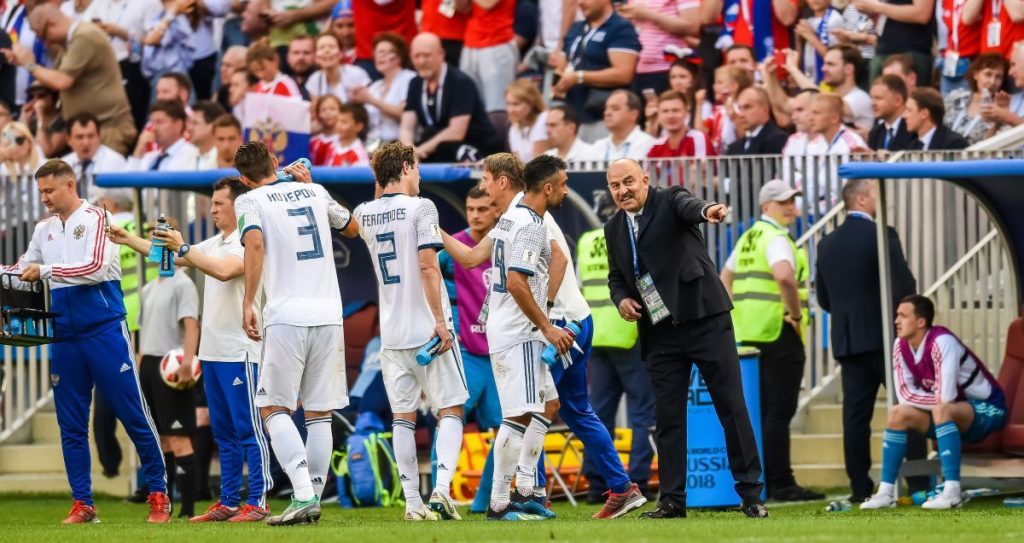With a high of 99 degrees Fahrenheit and a heat index reaching 110
Others are reading now
Chelsea were forced to shorten their training session in Philadelphia on Monday as extreme heat enveloped the region ahead of their decisive Club World Cup group match against ES Tunis.
Temperatures Soar Past 99 Degrees as Chelsea Takes Precautions
With a high of 99 degrees Fahrenheit and a heat index reaching 110, manager Enzo Maresca opted to scale back the session at Subaru Park, home to MLS club Philadelphia Union. Training was limited to shaded areas, and misting fans were installed pitchside to offer some relief from the sweltering conditions.
It is almost impossible to train or to make a session because of the weather,” said Maresca. “We are trying just to save energy for the game.
The heat wave, intensified by a heat dome over the United States, is producing the hottest conditions many East Coast cities have experienced in years. According to the National Weather Service, regions from the Midwest to the Northeast are facing a level 4 out of 4 extreme heat risk.
Also read
Heat Index of 105 Expected at Kickoff
Tuesday’s match, scheduled for 9 p.m. ET at Lincoln Financial Field, is expected to be played in temperatures around 98 degrees Fahrenheit with a heat index of 105. Chelsea needs only a draw to advance to the last 16, adding further importance to the encounter.
Despite the conditions, Maresca remained focused.
It’s difficult to work with these temperatures, but we are here and we will try to win tomorrow.
Rising Temperatures Affect Multiple Sporting Events
Other teams in the FIFA Club World Cup have faced similar challenges. Atlético Madrid midfielder Marcos Llorente described playing in the heat as “unbelievable,” noting that even basic movement was affected during their match against Paris Saint-Germain.
Outside of soccer, extreme temperatures have disrupted Major League Baseball games as well. Cincinnati Reds shortstop Elly De La Cruz vomited during a game due to heat exposure, and Seattle Mariners pitcher Trent Thornton required medical attention for heat exhaustion. Players have adapted by increasing hydration and limiting exertion.
FIFA Under Pressure to Address Heat Risks
Water breaks have been introduced during matches in the Club World Cup, but questions remain about whether FIFA will take additional steps to protect players. CNN has contacted the organization for comment, though no response has been reported.
As the heat wave continues, sports teams across the country are navigating the challenges of competing in potentially dangerous conditions, with player health and performance both under scrutiny.


